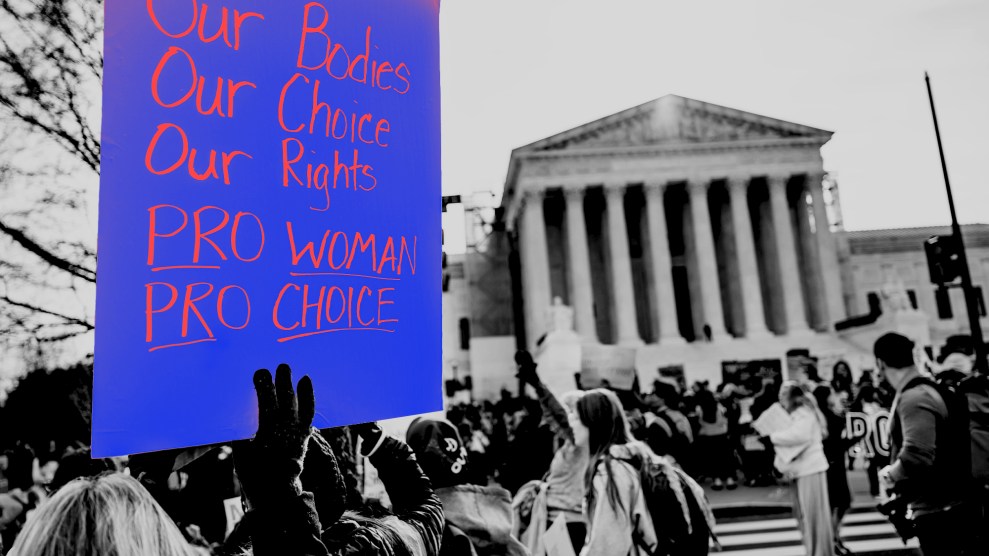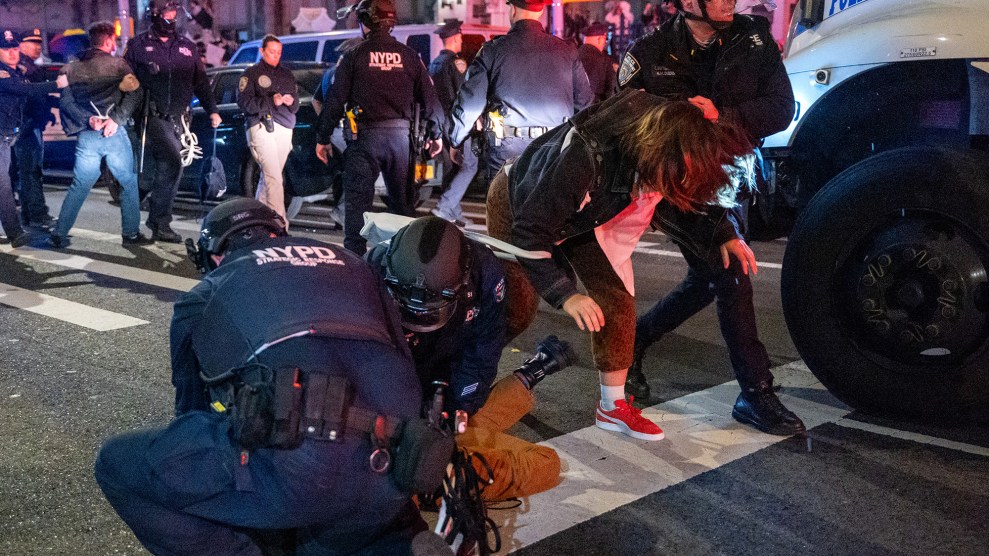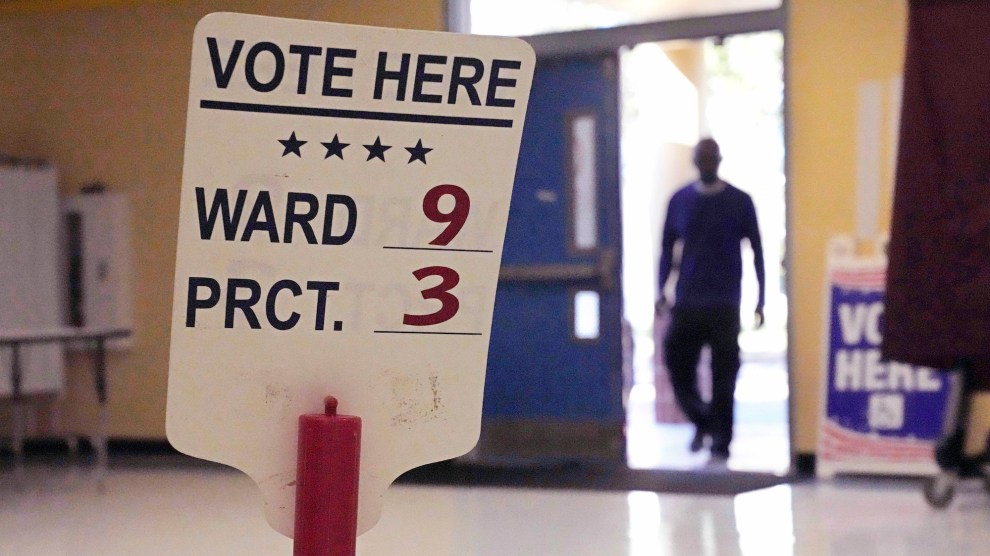
Mourners stand near a memorial for 34-year-old Brandon Lopez on Santa Ana Boulevard during a vigil in Santa Ana, Calif., in 2021. Anaheim police fatally shot Lopez after an hourslong standoff.Leonard Ortiz/MediaNews Group/Orange County Register via Getty Images
Bruce Praet is a well-known name in law enforcement, especially across California. He co-founded a company called Lexipol that contracts with more than 95 percent of police departments in the state and offers its clients trainings and ready-made policies.
In one of Praet’s training webinars, posted online, he offers a piece of advice that policing experts have called inhumane. It’s aimed at protecting officers and their departments from lawsuits.
After police kill someone, they are supposed to notify the family. Praet advises officers to use that interaction as an opportunity. Instead of delivering the news of the death immediately, he suggests first asking about the person who was killed to get as much information as possible.
Reporter Brian Howey started looking into this advice when he was with the Investigative Reporting Program at UC Berkeley’s Graduate School of Journalism. He found that officers have been using this tactic across California, and the information families disclosed before they knew their relative was killed affected their lawsuits later. In this hour, Howey interviews families that have been on the receiving end of this controversial policing tactic, explaining their experience and the lasting impact. In this episode of Reveal, Howey travels to Santa Ana, where he meets a City Council member leading an effort to end Lexipol’s contract in his city. And in a parking lot near Fresno, Howey tracks down Praet and tries to interview him about the consequences of his advice.
This is an update of an episode that originally aired in November 2023.















